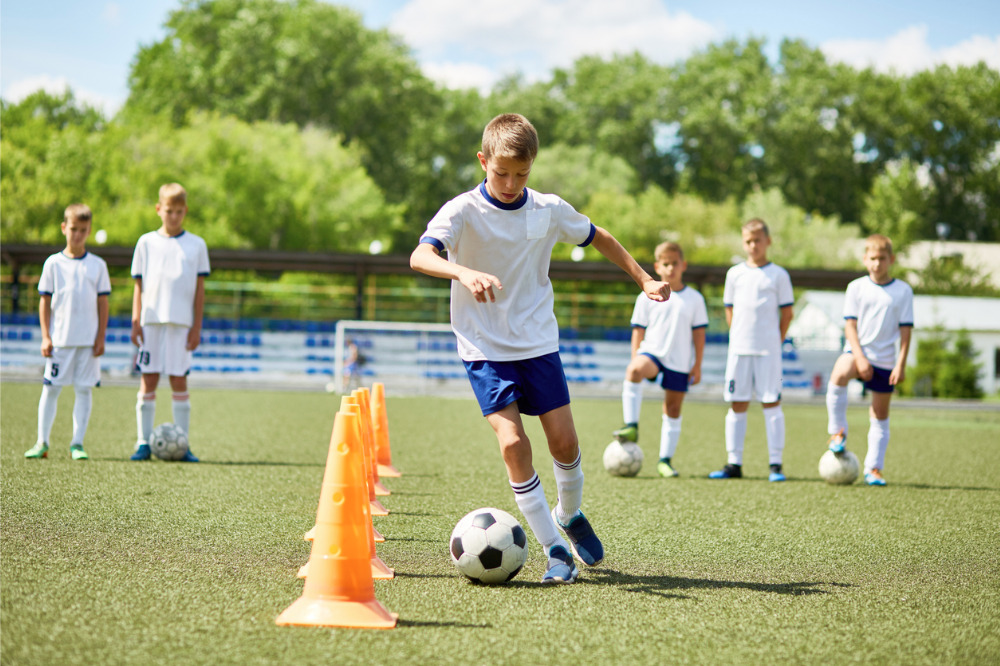
The latest Trends in International Mathematics and Science Study (TIMSS) report revealed that Australia’s high school students achieved their best ever results, finishing in the global top 10.
However, the report also found that students from Aboriginal and Torres Strait Islander backgrounds were more than three times more likely to display lower achievement levels than non-Indigenous students.
This equity gap widens when examining outcomes in remote schools, with those students up to five times more likely to display lower achievement levels compared to their metropolitan peers.
While most schools are sparing no effort to help bridge this divide in the best way they can, reversing this trend will likely take time and require a much broader effort involving federal, state and territory governments.
But in the meantime, one study might have found a relatively simple and low-cost way that schools help Indigenous children improve their outcomes in mathematics.
According to first of its kind research, led by Dr Dorothea Dumuid of the University of South Australia, participation in organised sport is associated with higher academic performance in numeracy among Australian Aboriginal and Torres Strait Islander school-aged children.
The paper, co-authored by Professor John Evans at UTS Sydney, Associate Professor Rachel Wilson at the University of Sydney, and Professor Timothy Olds at UniSA, found that children who participated in organised sports across four consecutive years achieved higher numeracy scores than those who did less organised sports.
“While studies have previously looked at the relationship between organised sports and academic outcomes for children, this is the first study to explore this relationship among Australian Aboriginal and Torres Strait Islander children, and confirm it as a positive one” Dr Dumuid said in an article shared by the Media Centre for Education Research Australia (MCERA).
“Playing sport is beneficial because it requires cognitive effort; children learn to work within rules, to devise strategies for success and how to focus their attention”.
The researchers said the association between sport and academic performance raises questions about how sport is considered within the broader policy contexts aimed at closing the education gap in Aboriginal and Torres Strait Islander communities.
They recommended that future research explore whether the kind of sport a child plays (team or individual, indoor or outdoor, active or inactive) matters to academic performance.
One successful initiative aimed at improving educational outcomes for Indigenous youth is showing strong growth, with more than 2,500 students graduating from the program in the last year alone.
The NRL School to Work program, launched in 2012 by the Canterbury-Bankstown Bulldogs, Parramatta Eels, Penrith Panthers, and Wests Tigers NRL Clubs, aims to address the Federal Government’s ‘Closing the Gap’ targets.
Despite the massive disruption that COVID-19 has caused Year 12 students, the program continues to go strong, with 500 students successfully achieving high school certificates across NSW, Victoria and Queensland in 2020.
Recognising this success, the Federal Government, which has backed the program since its creation, recently agreed to provide an additional three years of funding (2020 – 2022). In the current contract the program will support 1,000 Indigenous students to achieve their Year 11 and 12 completions and then make that transition into further meaningful education and employment pathways.
Shaun Humphries, NRL School to Work Program Manager, said each outcome the program delivers leads to “significant and real change” in an individual’s life, but also has an impact on their families and community.
“When we hear and see a participant start their education or employment journey post school, and they say, ‘I didn’t think this was possible for someone like me’ it shows the power the mentorship and guidance the NRL School to Work Program continues to offer,” Humphries told The Educator.
“I have the belief that for the participants who are engaged with the NRL School to Work program are being serviced by a culturally appropriate, holistic approach to supporting and providing our young people with self-determination which can lead to real change”.


